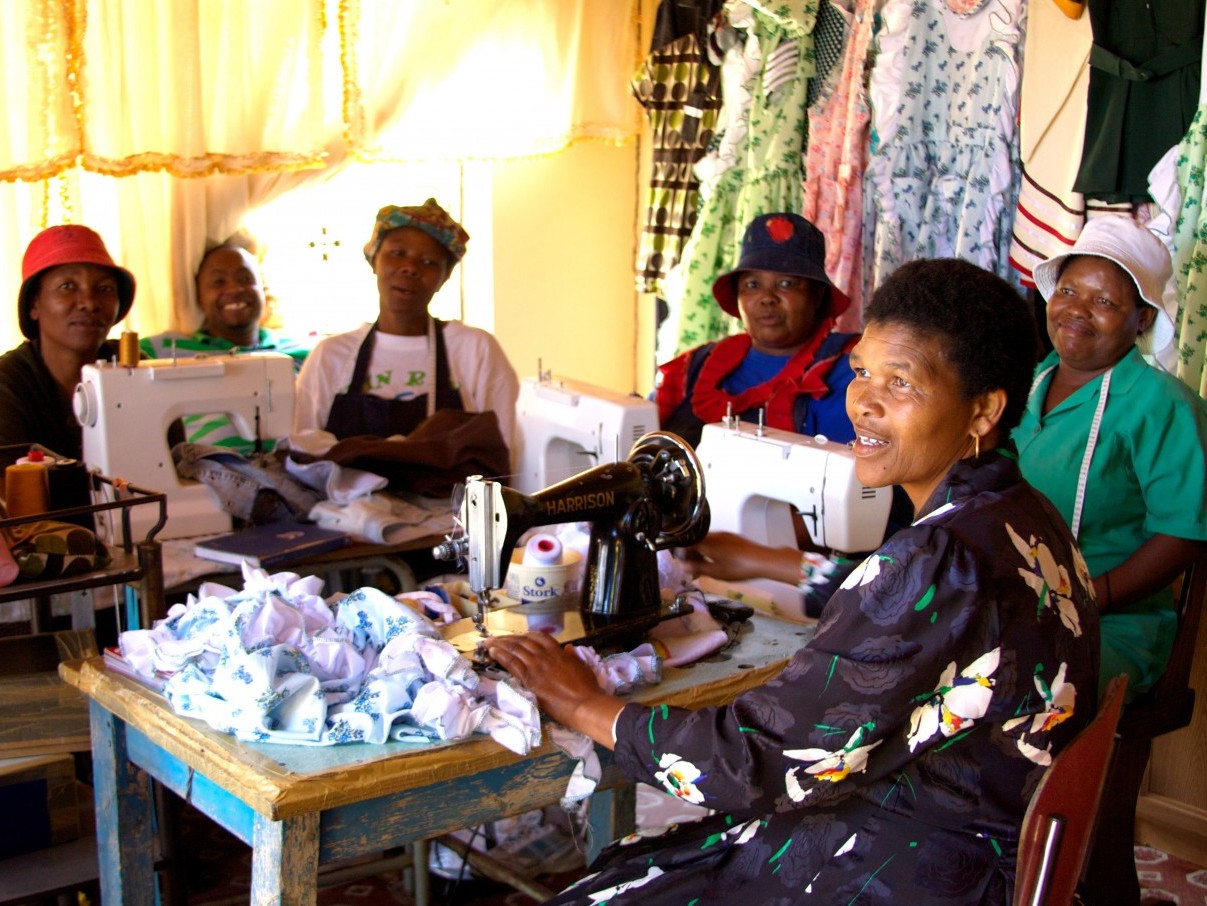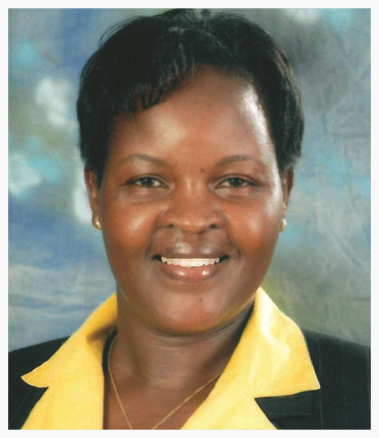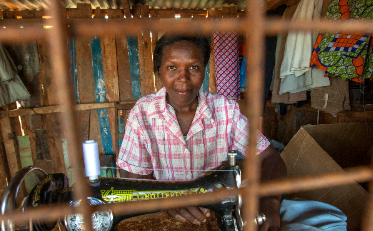Celebrating entrepreneurial mothers on International Day of the Girl
11 Oct 2013

Hand in Hand Eastern Africa’s CEO Pauline Ngari: Why we must celebrate entrepreneurial mothers on International Day of the Girl
As we support the International Day of the Girl we all know that girls are the future and that the brightness of that future depends on educating girls. But, I speak from personal experience when I say, that in order to educate the girl we must first empower the mother. I was that girl.

Pauline Ngari | CEO | Hand In Hand Eastern Africa
My story
I was born into a poor farming family in central Kenya. As one of eleven siblings, I helped to manage the family household as my mother tried to make ends meet by running a village shop. The income from that shop made all the difference to our lives and my mother was able to make sure that my siblings and I went to school.
When my mother’s shop failed, life became much harder for us all. And yet that failure is exactly why I set up Hand in Hand’s operations in Kenya in 2010.
My mother had an entrepreneurial spirit but she lacked any form of business training. At Hand in Hand we provide the business training people (predominantly women) need in order to start their own business and increase the family income. Since Hand in Hand first started in India in 2003 we have generated more than 1.4 million jobs and every day we see the transformative effect the resulting increased income has on people’s lives.
If you are poor then education is not your priority
If you are one of the 1.2 billion people who live on just US $1 per day then your priority, every day, is how to find the money to put food on the table and, if you are to survive, every member of the family must work towards that goal.
In such circumstances education is a luxury and figures from the UNESCO Institute for statistics back this up – there is a clear link between household wealth and the probability of not being in school. Compared with children from the richest 20 percent of households, children from the poorest 20 percent are four times more likely to be out of school. Crucially, although girls are always more likely to be out of school than boys, the disparity shrinks with increasing household wealth. Further, we know that women typically invest a higher proportion of their earnings in their families and communities than men (OECD).
The making of entrepreneurial mothers – a success story
This is why Hand in Hand’s business training model is aimed primarily at women. We have developed a system that encourages people to learn the power of group support and a shared goal; that encourages the poor to save just a little each week so they can start their own business or secure a loan; that teaches the poor how to run a small business, not in a classroom with a whiteboard, but with leaders from their own community, through parables, stories and songs.
In just ten years we have provided basic business training to more than a million of the world’s poorest women who have gone on to create some 1 million small businesses.

Hannah Haciku | Tailor | Nairobi, Kenya
Hannah Hackiu (pictured left) is one of our many success stories. Born into an impoverished family in central Kenya, her parents could not afford to educate her and so she was married off into another family. Now a mother herself, Hannah’s overriding ambition is to earn enough money to educate her children and ensure theirs is a different future.
With training from Hand in Hand she used her talent for sewing to set herself up in business as a tailor. Within a year, Hannah earned a monthly income of KES 5,000 (US $58) which she invested in changing her family’s life for the better. Now 33, Hannah says she will able to send her 13-year-old daughter to secondary school, giving her the opportunity she did not have herself.
This piece originally appeared on BusinessFightsPoverty
